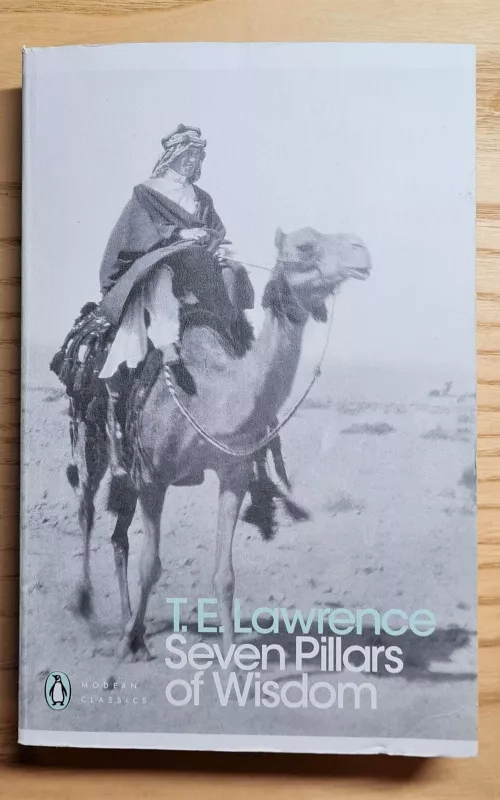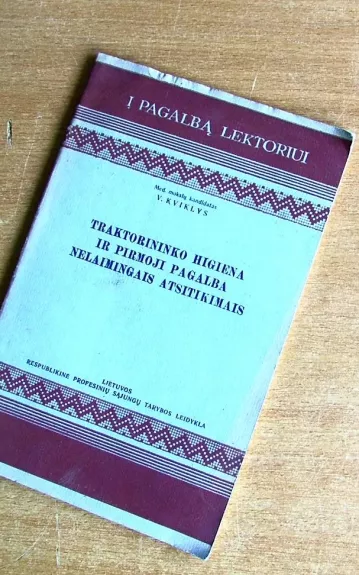

Seven Pillars of Wisdom
Some Englishmen, of whom Kitchener was chief, believed that a rebellion of Arabs against Turks would enable England, while fighting Germany, simultaneously to defeat Turkey. Their knowledge of the nature and power and country of the Arabic-speaking peoples made them think that the issue of such a rebellion would be happy: and indicated its character and method. So they allowed it to begin... - Seven Pillars of Wisdom, Introduction Seven Pillars of Wisdom is a biographical account of his experiences during the Arab Revolt of 1916–18, when Lawrence was based in Wadi Rum as a member of the British Forces of North Africa. With the support of Emir Faisal and his tribesmen, he helped organise and carry out attacks on the Ottoman forces from Aqaba in the south to Damascus in the north. Many sites inside the Wadi Rum area have been named after Lawrence to attract tourists, although there is little or no evidence connecting him to any of these places, including the rock formations near the entrance now known as "The Seven Pillars". Speculation surrounds the book's dedication, a poem written by Lawrence and edited by Robert Graves, concerning whether it is to an individual or to the whole Arab race. It begins, "To S.A.", possibly meaning Selim Ahmed, a young Arab boy from Syria of whom Lawrence was very fond. Ahmed died, probably from typhus, aged 19, a few weeks before the offensive to liberate Damascus. Lawrence received the news of his death some days before he entered Damascus.











